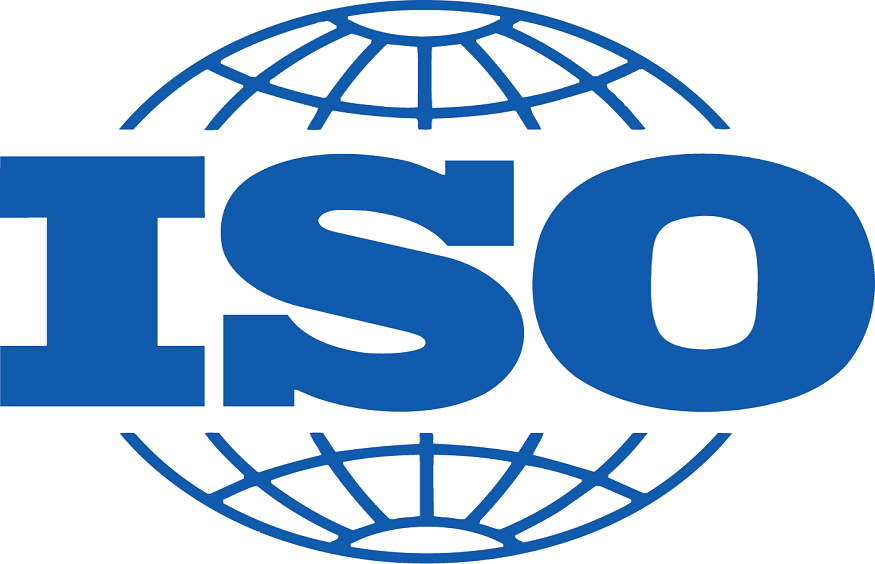In times of risk and governance management, organizations have to seek certification and compliance in a standardized manner. By promoting compliance with legal and regulatory norms, ISO Certification has become one of the standards that can drive operational efficiency and reduce errors thereby fostering a cultural improvement. It assists organizations in enhancing their Quality Management Systems and this certification by INTERCERT helps to facilitate better risk management and encourage employee engagement. When supplier relationships are strengthened, they contribute to workable growth and long-term success in today’s competitive landscape.
The certification enhances credibility and market competitiveness so that the organizations can improve their processes to satisfy the customers better. The ISO standardization from INTERCERT is designed to help organizations ensure compliance with regulatory requirements. By establishing a framework that helps businesses to meet customer expectations consistently, customer loyalty and satisfaction are ensured so that the business can operate profitably. By maintaining clear procedures and policies, organizations can set protocols for the employees to follow. Businesses can look at increasing their volumes all over the world as many industries mandate ISO certification for their suppliers. With increased quality management, operational efficiency and risk management, businesses gain a competitive edge and attain success. Let us look at the strategic advantages that an ISO certification brings to a business:
- Increase in market competitiveness: Businesses can increase their market competitiveness by gaining ISO Certifications to gain an advantage over their counterparts. When you meet this criterion of selection, you gain a significant competitive advantage as it sets you apart from competitors who do not have their Quality Management Systems in place. The customers get the message that this organization prioritizes quality and improves the chances of getting more business by being considered quality-conscious.
- Consistency in products and practices: With an ISO certification of Quality Management from INTERCERT your company reflects consistency in maintaining standards of production and services. This consistency in quality promotes reliability and confidence in the customers by ensuring quality assurance. Clear objectives are set for monitoring the performance, implementing corrective measures and taking action when necessary. With fewer defects and reduced rework needs, the high-quality offerings build a stronger reputation and relationship with the customers.
- Effective documentation and record-keeping: A certified business maintains its documentation and complies with the record-keeping requirements of the certification. This promotes transparency and accountability contributing to organizational success. The framework is implemented to build a structured approach to documentation and records to demonstrate compliance with the required standards and protocols. Each process is clearly defined and easily accessible to help the employees follow the set protocols and contribute to achieving quality standards.
- Improved customer satisfaction: There is a definite improvement in customer satisfaction when ISO accreditation is gained by a business. They are able to trust and rely on the products and services based on set standards of performance as guaranteed by the certification. This surely goes a long way in establishing expectations for quality standards from a business. When a Quality Management System based on ISO 9001 by INTERCERT is established, businesses can be sure that they meet the customer’s expectations and may even exceed them.
- Better risk management: By implementing the quality standards as per ISO 9001, businesses can identify, evaluate and mitigate potential risks and uncertainties associated with product quality and compliance. This brings confidence and helps to respond to a change in trends as well as pay attention to areas of concern before they escalate into significant issues and problems disrupting the workflow. Organizations can navigate the regulations and minimize risks by complying with certified Quality Management Systems in the form of ISO certifications.
- Improvement in employee morale: Once the business attains a certification, the employee morale is boosted and their engagement is increased. With clear roles and responsibilities work performance improves considerably. As the organization treads on a path of quality and continuous improvement in processes and procedures, there is improvement in individual performance and teamwork and collaboration are fostered.
- Global recognition: A certification of ISO standards by INTERCERT brings global recognition to businesses and prepares them for competition in the market. As businesses meet international quality standards, more and more global companies prefer to work with certified companies. This accreditation helps to expand the business on an international scale. Your business can enter new markets based on the quality standards maintained as per the certifications.
- Integration with other management systems: The certifications and compliance merge well with other systems and integrate to give a comprehensive approach to quality standards followed by the business. This holistic approach aligns the Quality Management concept with other areas of business enhancing overall efficiency and reducing repetition of efforts. With multiple management systems, the quality factor enhances the overall performance. This helps to improve the relationships with suppliers and builds the customers’ confidence and loyalty over time. By fostering collaborations and effective communication, organisations build stronger relations with suppliers, stakeholders and customers.
Conclusion:
As organizations seek to enhance their operations, there is a need to acquire certifications and compliance to improve customer satisfaction and credibility. In today’s competitive market, an accreditation such as ISO 9001 Certification from INTERCERT serves as a badge of honour and represents a commitment to quality at all levels of performance. It is vital for organizations striving for excellence in Quality Management Systems and provides a comprehensive framework for improving continuously. There is efficiency in operations and risks are mitigated leading to benefits in internal and external processes. The relationship with customers, suppliers and stakeholders improves over time and the company’s reliability and trust are established. By obtaining ISO certification the organization displays its commitment to Quality Management and fosters a culture of continuous improvement conforming to set standards. By investing in certification and accreditation, businesses can ensure relevance and succeed in the face of ongoing challenges and opportunities in the world of business.

















+ There are no comments
Add yours